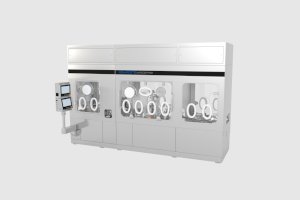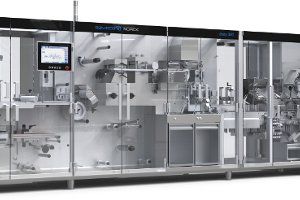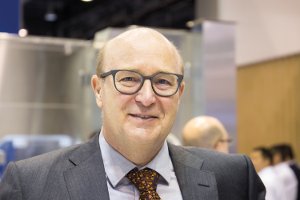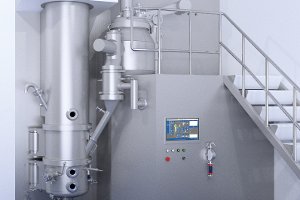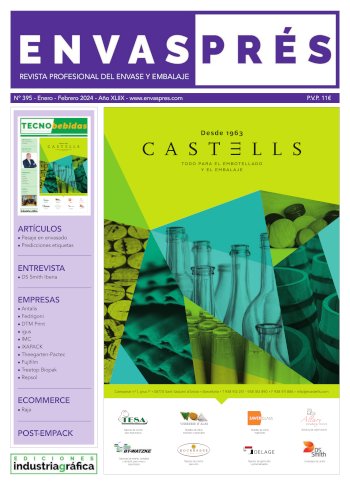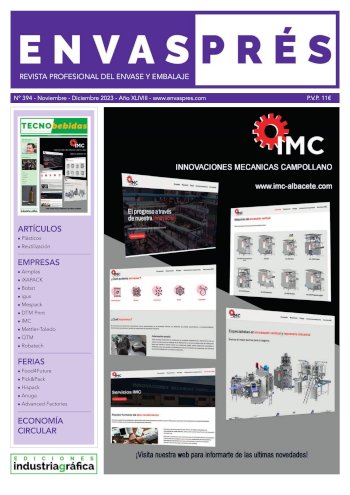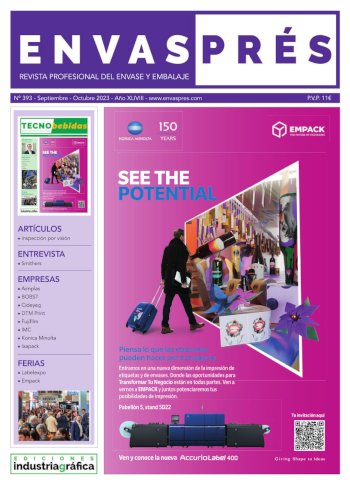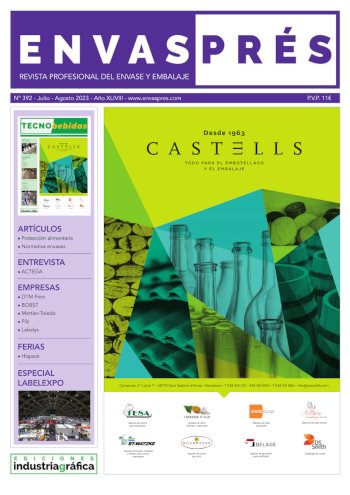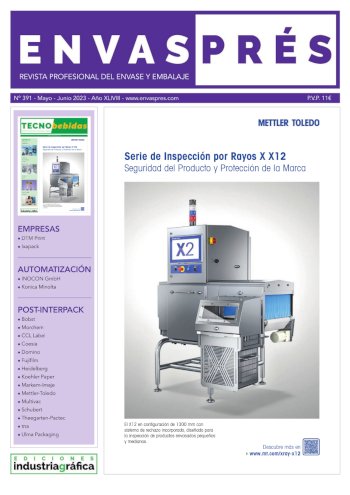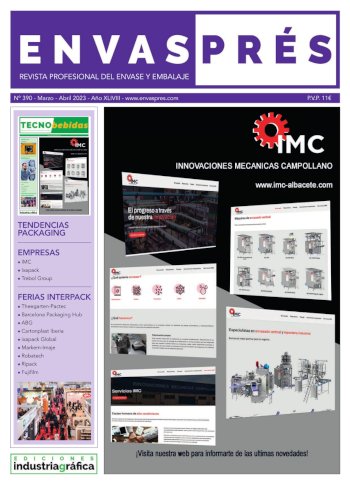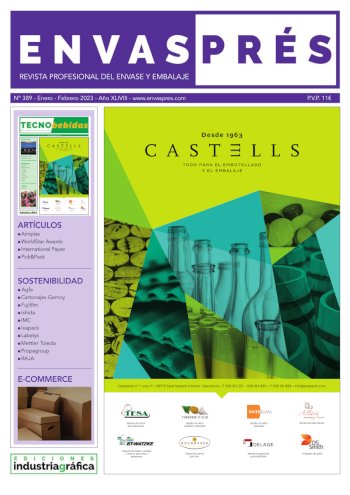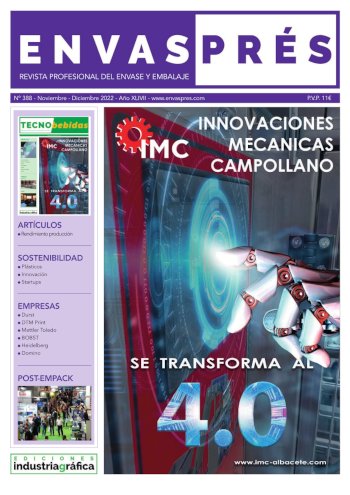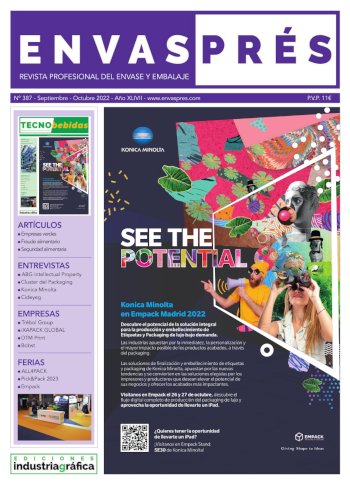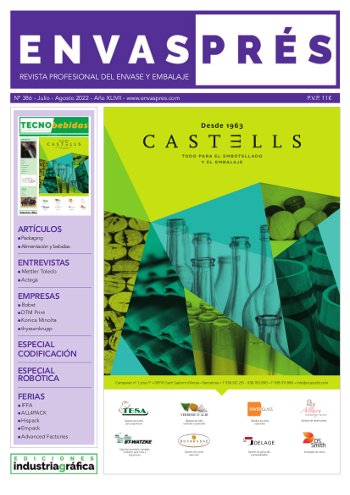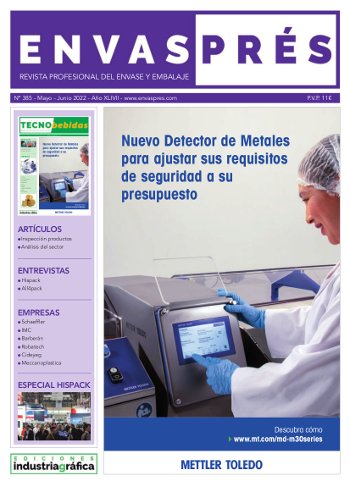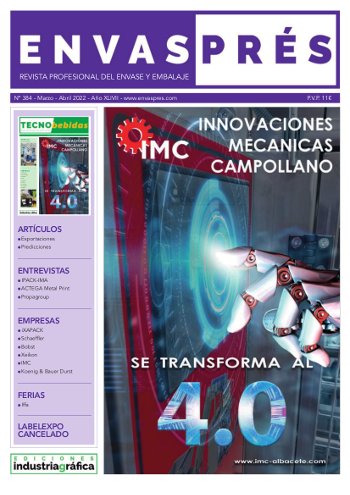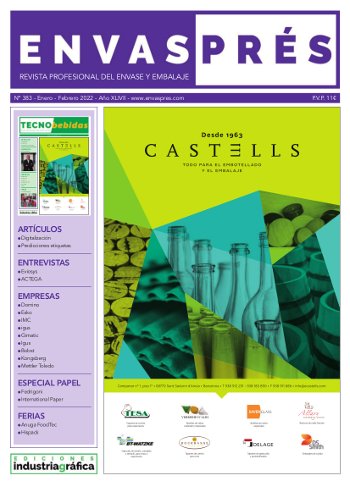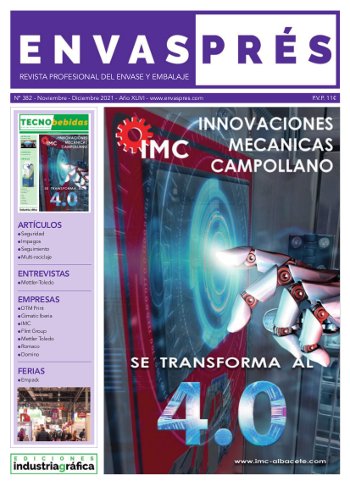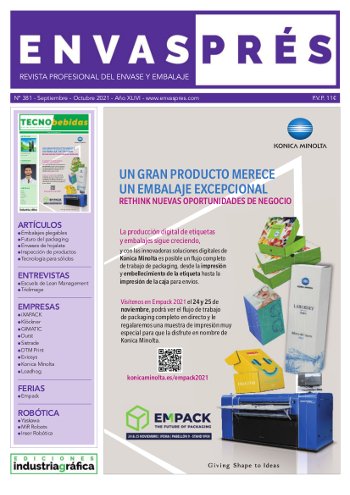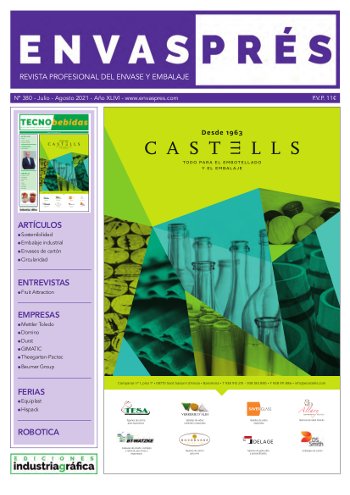Romaco implements new sustainability strategy
- Publicado el 12 de Octubre de 2020
Romaco has appointed a Sustainability Officer and defined goals for the company’s climate-friendly development. Not only is the manufacturer seeking to enable more sustainable production by its customers; Romaco is also keen to improve its own carbon footprint.
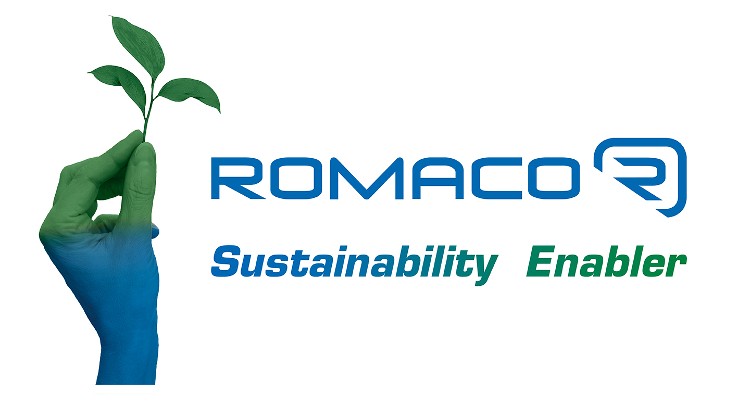
The Romaco Group has a new central corporate objective: sustainability. To enable climate protection measures to be formulated and implemented at each of its various facilities, the Romaco Board of Management has just appointed Andreas Detmers as its first Group Sustainability Officer. Andreas Detmers is Head of the Research & Development department at Romaco Pharmatechnik GmbH in Karlsruhe, where he was most recently responsible for the "Climate-neutral machine” project.
“We pursue two approaches in implementing our sustainability strategy”, he explains. “On the one hand, Romaco is developing technologies that enable our customers to produce in a more sustainable way. On the other, we’re seeking to improve our own carbon footprint step by step.” The pharmaceutical machinery manufacturer is guided by the principle “avoidance is better than reduction is better than offsetting” in its efforts to systematically reduce carbon consumption. Andreas Detmers will be supported by sustainability experts at Romaco’s four production sites in Germany and Italy.
In the production process for Romaco’s new Noack Unity 600 blister packaging line, the emphasis is on offsetting. The certified calculation of the carbon footprint and the downstream cartoner involved assessments of around 4,700 different components. ForestFinest, a consultancy service provider specialised in climate protection, determined the total energy consumption required to manufacture and assemble the blister packaging line on Romaco’s behalf.
All in all, some 48 tons of carbon equivalents are generated during the production of the Noack Unity 600. The greenhouse gas emissions which are released along the way are offset by sponsoring a non-governmental climate protection project in Panama. Every customer who opts for one of Romaco’s climate-neutral blister packaging lines is sent a certificate to prove it. Romaco has plans to extend the carbon-neutral machine concept to all product lines in the medium term. Several tablet presses from Kilian as well as various Noack blister packaging lines and Promatic cartoners are already available in a sustainable version today.
Together with film and foil specialist Huhtamaki as its industry partner, Romaco has come up with the first recyclable strip packaging for pharmaceutical solids. More than 90 percent of the components which are used to make Push Packs from polyolefin laminate belong to the same material class (PE and PP). The result is a recycling rate of over 70 percent. This alternative packaging form developed jointly by Romaco and Huhtamaki enables the pharmaceutical industry to significantly reduce the amount of residual waste.
The innovative sealed strips have a push-through function and are manufactured on heat-sealing machines in Romaco Siebler’s HM 1 series. Siebler’s unique QuickSeal technology ensures safe processing of the special foil in conformity with the pharmaceutical industry’s cGMP standards. “So far, the market has reacted overwhelmingly positively to the Push Pack technology’s launch”, Andreas Detmers confirms. “Several interested customers are currently testing push-through sealed strips as packaging for their products at our PacTech laboratory in Karlsruhe.” Users can choose between standard, barrier and eco Push Pack versions.
Push Packs have a much lower material consumption compared to Al/Al blisters. Despite providing identical barrier properties, they are less than half the weight of Al/Al blister packs, which is additionally reflected in the costs: Push Packs are up to 60 percent cheaper than their Al/Al counterparts. All Push Pack models are made from PVC-free material. Thus, the use of the plastic, which has been the subject of public criticism for many years due to its environmental impact, is completely avoided.
One of the stated development goals in the design of Romaco Kilian’s tablet presses is minimal product loss. Amongst other things, this is achieved through precision-manufactured die-tables with hardly any radial run-out. Magnetic product scrapers simultaneously reduce product loss during tableting by enabling further processing of the powder. Kilian moreover shortens the run-in times for its tablet presses by means of start-up dosing control based on the filling, resulting in even lower material consumption.
The careful use of valuable raw materials is likewise a top priority for the designers of the fluidised bed systems in the Romaco Innojet VENTILUS® series. Thanks to the SEPAJET® system, any particles which are retained by the filter during production are constantly returned to the process. And when it comes to energy consumption, the air flow bed technology developed by Dr. h. c. Herbert Hüttlin is superior to traditional fluidised bed processes. The processing time for hot melt coating applications is consequently up to 85 percent shorter and the carbon footprint of the VENTILUS® machines markedly improved.
“We’re well aware that we’re only just getting off the ground with our sustainability strategy”, Andreas Detmers concludes. “It’s now up to us to consistently realise the objectives we’ve set ourselves and take further action on that basis. I firmly believe that, through a series of small steps, our company can make a lasting contribution to climate and environmental protection.”
In short, the systematic reduction of raw material, energy and material usage will therefore determine the agenda of the Romaco Group even more in the future – from the development of new technologies through the implementation of internal measures like facility management to the digitalisation of services.


